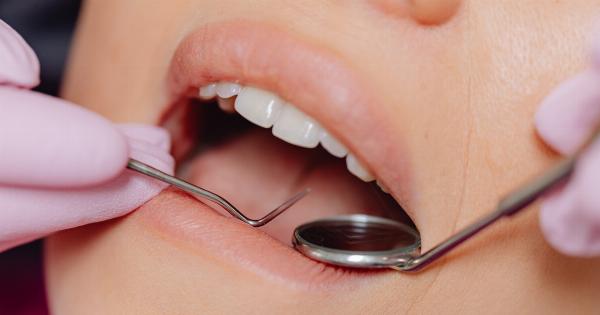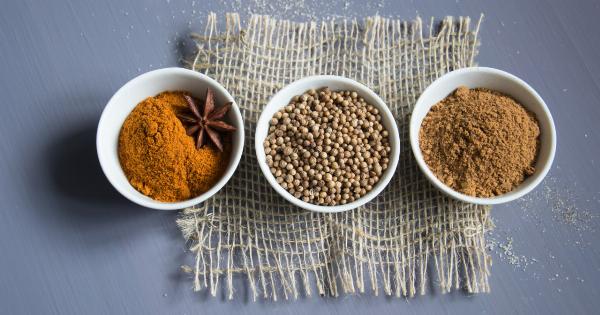Heartburn is a common condition that is experienced by almost everyone at some time in their lives. It is a burning sensation in the chest that is usually caused by acid in the stomach backing up into the esophagus.
This can cause discomfort and pain, and in some cases, even damage to the esophagus.
Many factors can contribute to heartburn, including stress, smoking, alcohol consumption, pregnancy, and certain medical conditions. However, one of the most significant contributors to heartburn is your diet.
What you eat and drink can have a significant impact on your susceptibility to heartburn and its severity.
1. Fatty Foods
Foods that are high in fat, such as fried foods, fatty cuts of meat, and rich desserts, can be difficult for your body to digest. These foods can lead to the production of more stomach acid, which can increase your risk of heartburn.
If you are prone to heartburn, try to avoid these types of foods, or at least limit your intake.
2. Spicy Foods
Spicy foods, such as chili peppers, curry, and hot sauce, can cause heartburn in some people. These foods can irritate the lining of the stomach and increase the production of stomach acid, leading to heartburn.
If you enjoy spicy foods, try to eat them in moderation and avoid eating them late at night.
3. Acidic Foods
Foods that are high in acid, such as citrus fruits and tomatoes, can also trigger heartburn. These foods can increase the production of stomach acid and irritate the esophagus, leading to heartburn.
If you are prone to heartburn, try to limit your intake of acidic foods or eat them in combination with other foods to help neutralize their acidity.
4. Caffeine
Caffeine is a stimulant that can increase the production of stomach acid, leading to heartburn. If you regularly consume caffeine through coffee, tea, or soda, you may be at increased risk of heartburn.
Try to limit your intake of these beverages, or switch to decaffeinated versions.
5. Alcohol
Alcohol can relax the lower esophageal sphincter (LES), which is a muscle that separates the esophagus from the stomach. When the LES relaxes, stomach acid can flow back into the esophagus, causing heartburn.
If you are prone to heartburn, try to limit your intake of alcohol or avoid it altogether.
6. Carbonated Beverages
Carbonated beverages, such as soda and sparkling water, can increase the amount of gas in your stomach, which can cause pressure on the LES and lead to heartburn.
If you enjoy carbonated beverages, try to limit your intake and opt for still water instead.
7. Chocolate
Chocolate contains a compound called theobromine, which can relax the LES and increase the production of stomach acid, leading to heartburn.
If you are prone to heartburn, try to limit your intake of chocolate, or opt for milk chocolate instead of dark chocolate.
8. Mint
Although many people believe that mint can help soothe digestive issues, it can actually contribute to heartburn. This is because mint can relax the LES and increase the production of stomach acid.
If you are prone to heartburn, try to limit your intake of mint, or opt for other natural remedies like ginger or chamomile tea.
9. Large Meals
Eating large meals can put pressure on the LES and increase the production of stomach acid, leading to heartburn. If you are prone to heartburn, try to eat smaller, more frequent meals throughout the day, rather than three large meals.
10. Late Night Eating
Eating late at night can increase your risk of heartburn, as your body is less able to digest food when you are lying down. If you are prone to heartburn, try to eat your last meal of the day at least three hours before bedtime.
By making changes to your diet and lifestyle, you can reduce your risk of heartburn and improve your overall health and wellbeing.
If you are experiencing frequent or severe heartburn, it is important to speak to your healthcare provider, as this may be a sign of a more serious medical condition.





























